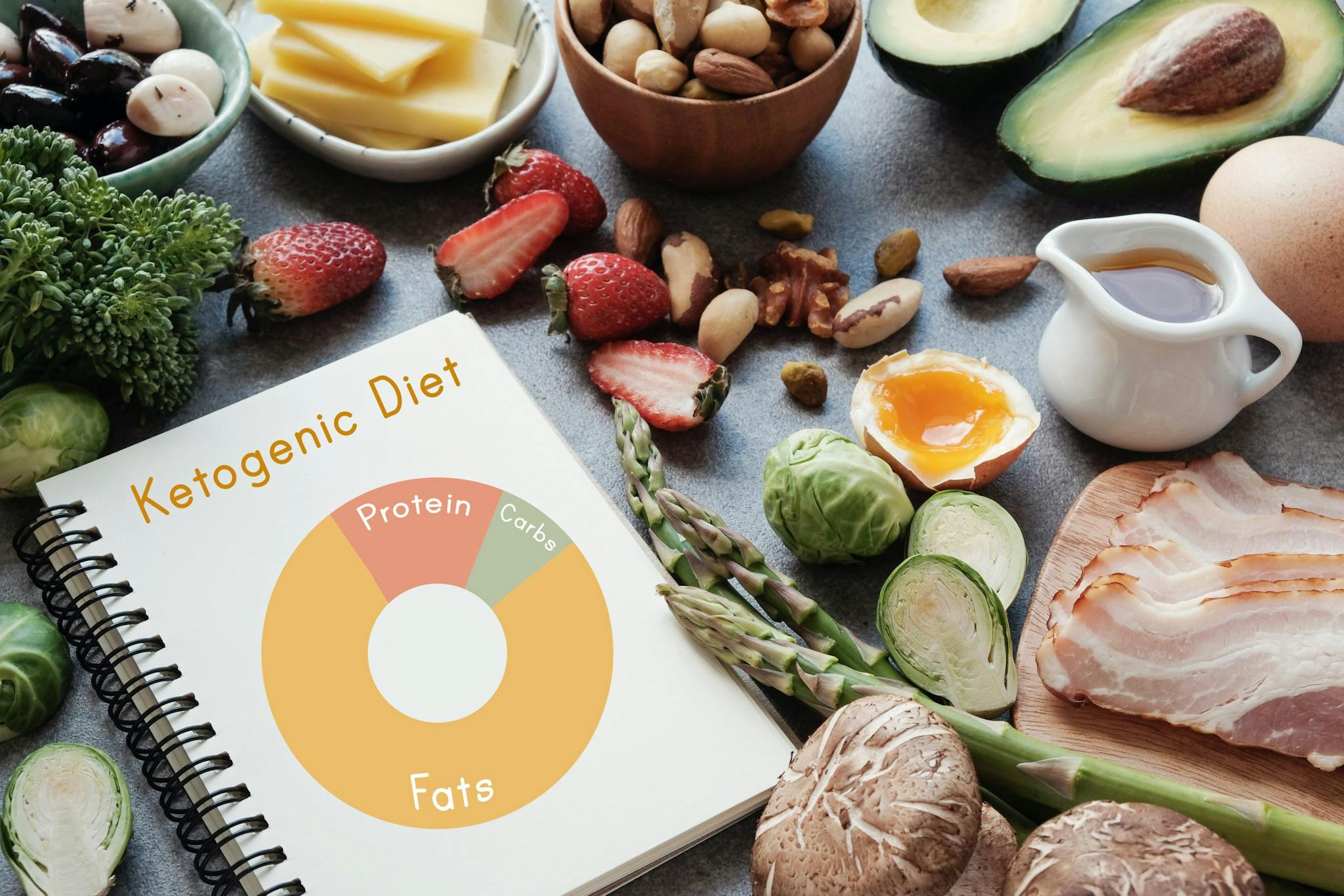Most people know that too much sugar in the diet is bad for your health, but far fewer know exactly how much is too much. The average American consumes about 20 tablespoons of added sugar every day—recommendations are six tablespoons for women and nine for men.
Sugar’s Effects on the Body
Large amounts of added sugar can be found in things like candy, sugary drinks and baked foods, but it can also be found in many other seemingly healthy foods as well. Here’s how all that added sugar different parts of the body.
- Heart: Sugar also contains additional insulin, and too much of this in the bloodstream can affect the body’s arteries and lead to a higher risk of heart disease, heart attack and stroke. Eating less sugar, on the other hand, can improve blood pressure and lower these risks.
- Brain: Sugar raises dopamine, a chemical that’s directly connected to positive feelings. Over time, dependence on sugar can develop based on the brain’s desire for the dopamine rush caused by sugary foods or drinks, leading to cravings. This is where sugar addiction comes from.
- Weight: People who eat too much sugar and are overweight are at a larger risk for type 2 diabetes.
- Skin: Sugar can lead to inflammation in various parts of the body, including the skin—it can speed up the skin’s aging process by attaching to proteins in the bloodstream and damaging protein fibers that keep the skin healthy.
- Mood: Sugar can offer a quick energy boost, but this can often be followed by a “sugar crash” when the body absorbs the sugar and starts to level out. Research has indicated that a higher sugar intake could lead to a greater risk of adult depression.
- Teeth: Bacteria are the cause of tooth decay and cavities, and there’s nothing bacteria love more than sugar that sticks around in your mouth after you’ve eaten a sugary snack.
- Liver: Too much sugar can increase the liver’s insulin resistance, which can cause type 2 diabetes.
- Joints: Inflammation caused by sugar can affect the joints as well. Sugar consumption can also lead to higher rates of rheumatoid arthritis.
- Pancreas and kidneys: Both these areas can be significantly affected by sugar and resulting diabetes.
- Sexual health: Sugar affects the circulatory system, which controls blood flow—blood is needed to develop an erection, so too much sugar can impact sexual health and the ability to get an erection.
Break Your Sugar Habit
Now that you know the kind of effects sugar can have on your body, here are some tactics for helping to separate yourself from sugar:
- Avoid triggers: We all need a sweet snack from time to time, but there are options out there that are much healthier than high-sugar treats. Consider foods that are low on the glycemic index and that won’t trigger true sugar cravings, such as berries and other fruits.
- Find new rewards: Sugar often functions as a “reward” or comfort for the brain, so breaking your habit may mean finding healthier ways to reward yourself. This will be different for everyone, but look for things you enjoy that can help nurture you.
- Don’t give in to “Just one drink”: This is a phrase people who struggle with alcohol addiction often have to contend with, and it can be an issue for those who struggle with sugar addiction as well. Giving yourself “just one” sugary reward after eliminating many of your worst habits will just increase your craving levels all over again—this can put you back into a negative cycle.
- Avoid a new addiction: Trying to break this kind of cycle can inadvertently cause the brain to latch on to a different addiction, and you want to avoid this. Try to avoid trading in this addiction for a new compulsive behavior that might be just as unhealthy. Instead, focus on organic ways to replace this with healthy practices.
- Keep it away: One of the simplest tactics for breaking sugar addiction is just to not have it in the home. Even the strongest among us may think they’re disciplined enough to avoid these temptations, but removing even the possibility of giving in is far more effective. Over time, this will lower your cravings and you won’t even consider buying these items.
For more on understanding or breaking sugar habits or addictions, speak to your doctor.
Revere Health Orem Family Medicine is devoted to comprehensive healthcare for patients of all ages, and committed to provide thorough and timely health care for the entire family throughout all stages of life.
Sources:
“How Does Too Much Sugar Affect Your Body?” WebMD. https://www.webmd.com/diet/features/how-sugar-affects-your-body
“How To Break Your Sugar Addiction.” Psychology Today. https://www.psychologytoday.com/blog/prescriptions-life/201403/how-break-your-sugar-addiction






